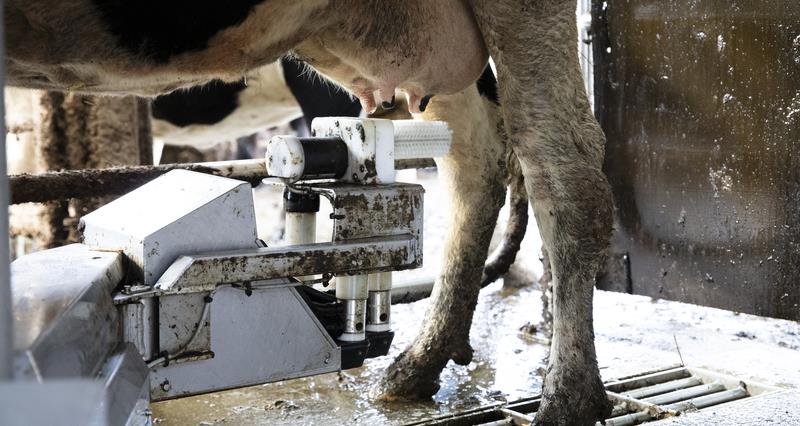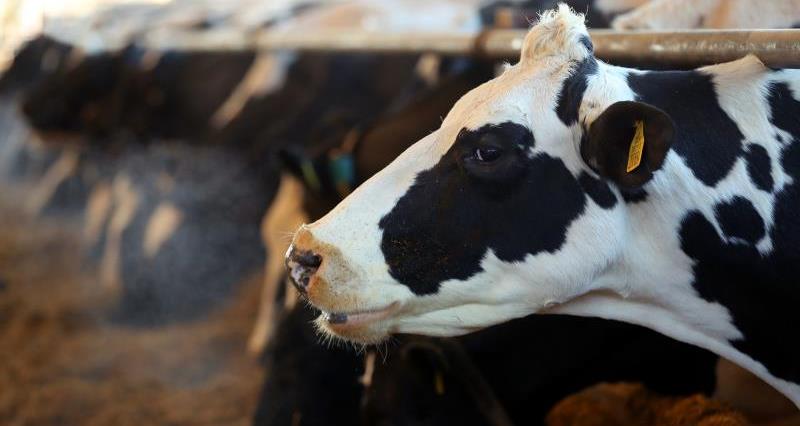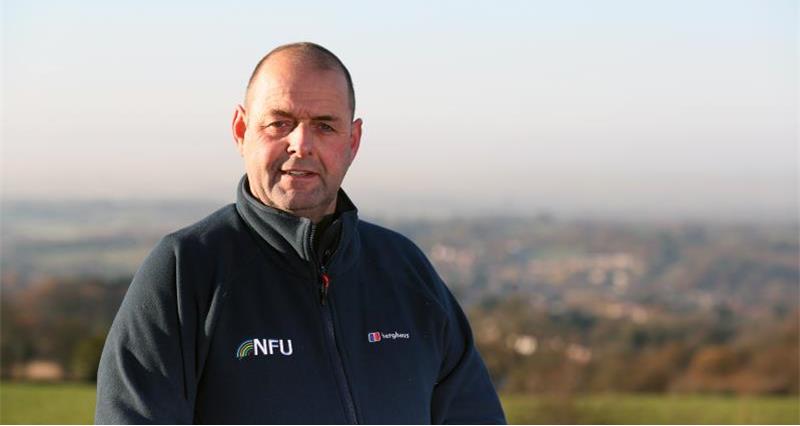The NFUтАЩs Dairy Intentions Survey of almost 600 UK dairy farmers has found that insufficient returns, volatile markets and the scale of on-farm investment required are all reasons why many of BritainтАЩs dairy farmers are thinking hard about their future in the sector.
In addition to those who are looking to stop production all together, a further 23% of all milk producers have said they are тАШunsureтАЩ if they are going to continue production beyond the next two years.┬а
Smaller enterprises producing less than 1 million litres of milk per year are also more likely to stop production before March 2025, compared to those producing higher volumes.┬а
Based on figures from the , there are currently an estimated 7,500 dairy producers in Great Britain,┬аa figure which has decreased by 4.8% since last year.┬а
The survey also revealed:┬а
- Increases in input prices such as feed (84%), energy (83%), and fertiliser (74%) are all particular areas of worry.
- Over one third (36%) of those ceasing production are doing so due to retirement, with almost a fifth (18%) handing over their farm to the next generation.
- Over half (52%) of producers stopping production are unable to keep up with the scale of investment required for their enterprise to stay compliant, such as slurry storage, a factor that is highlighted as a main concern for the majority (91%) when considering whether to increase production in the future.
тАЬWith increasing global demand for British dairy, we know that the long-term future is bright for our sector."
NFU Dairy Board chair Michael Oakes
This last statistic supports the NFUтАЩs call for DefraтАЩs Slurry Infrastructure Grant to be extended to cover more areas and to lower the minimum spend threshold needed to access the funding.
Regarding the wider environmental framework dairy farmers operate in, the NFU is lobbying to ensure regulation is fit for purpose, works alongside profitable, productive food production and that environmental support schemes, such as the SFI (Sustainable Farming Incentive), provide a financially attractive and accessible offer to dairy farmers
Fairer, more transparent supply chains needed
Speaking on inflation and production costs, NFU Dairy Board chair Michael Oakes said it is obvious these factors are putting the long-term resilience of dairy farming тАЬunder threatтАЭ, leading to a тАЬcrisis of confidenceтАЭ amongst British dairy farmers.
The survey results identified that supply chain fairness was a key factor with almost 90% of dairy producers saying this was important to support future milk production.
New industry-wide contract regulation expected to come in later this year тАЬmust support fairer, more transparent and accountable supply chains,тАЭ said Michael. тАЬBut regulation isnтАЩt a silver bullet,тАЭ he added.
Labour concerns hoped to be addressed
Better access to labour is also a key component, with almost three quarters (74%) of respondents seeing this as a barrier to the growth of their business.
In a response to the Migratory Advisory CommitteeтАЩs call for evidence on the Shortage Occupation List, the NFU has called for the role of dairy technician to be added, to help alleviate some of the labour woes the sector is facing, and is working with industry partners on better promotion of dairy careers domestically.┬а
тАШFuture is bright for dairyтАЩ
тАЬWith increasing global demand for British dairy, we know that the long-term future is bright for our sector,тАЭ said Michael.
тАЬTo ensure we maximise this potential, itтАЩs imperative that government continues to work with us to ensure we have the right environmental, regulatory and trade framework in place to support the production of high quality, nutritious and sustainable food.тАЭ



